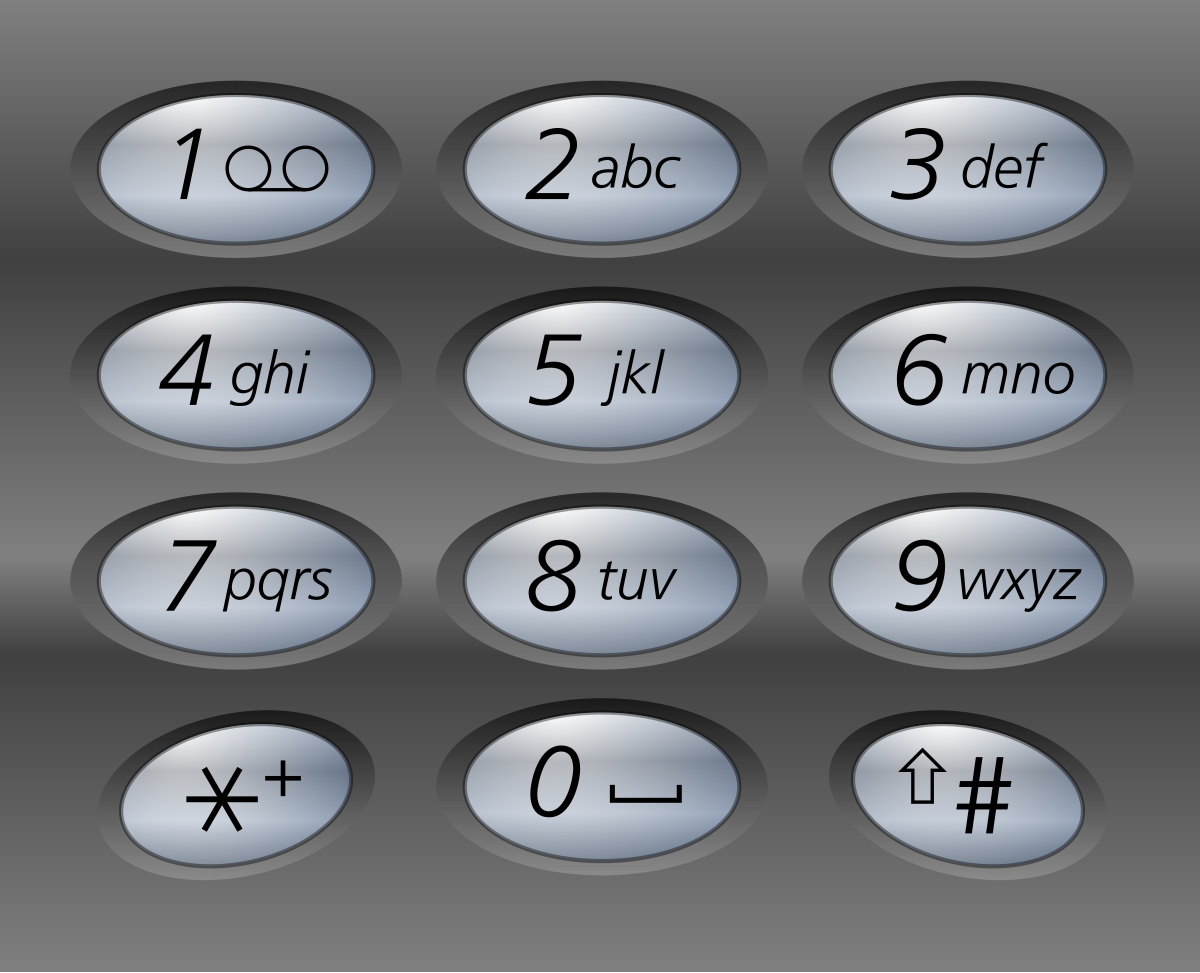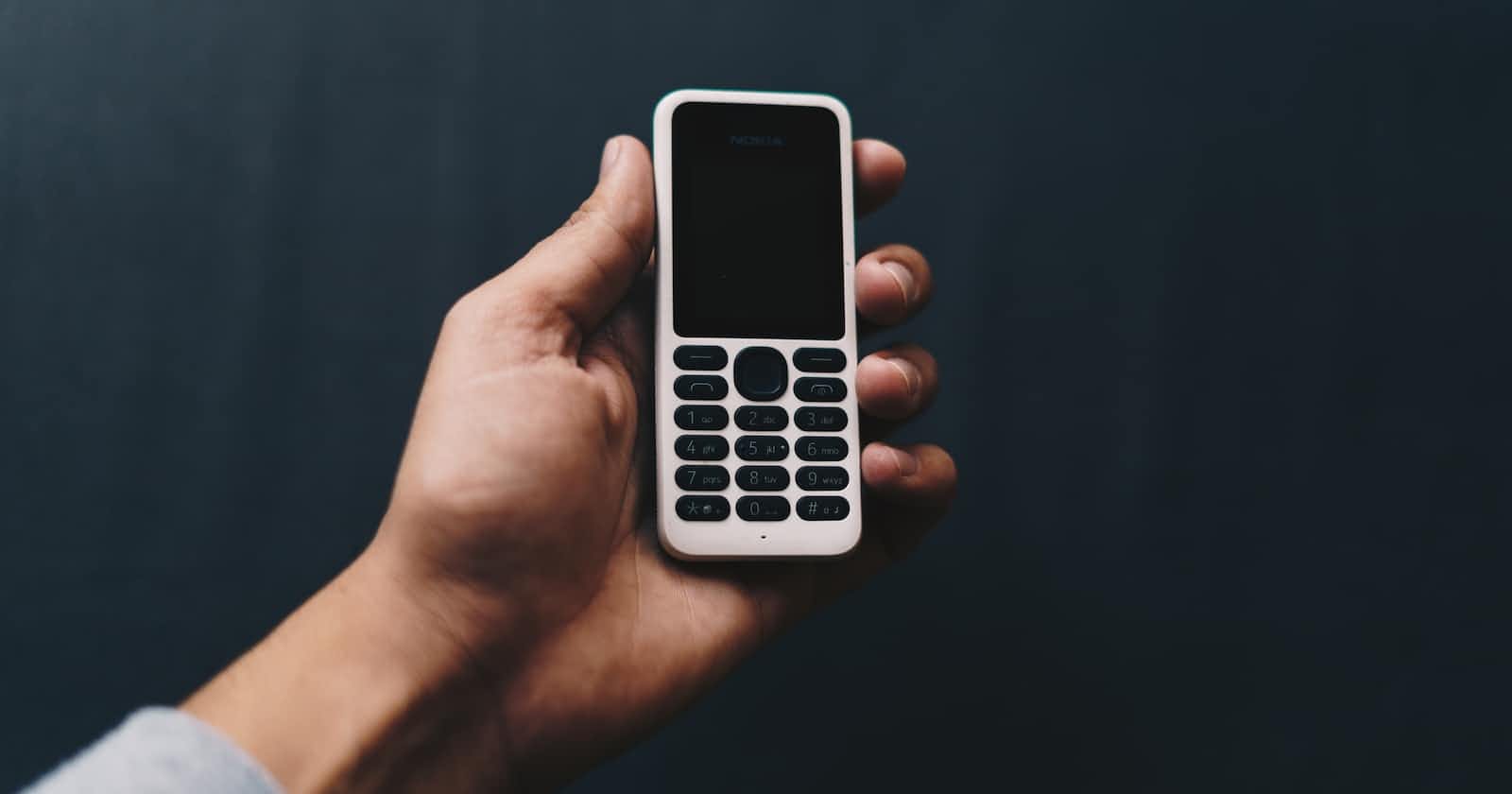Table of contents
Given a string containing digits from 2-9 inclusive, return all possible letter combinations that the number could represent. Return the answer in any order.
A mapping of digits to letters (just like on the telephone buttons) is given below. Note that 1 does not map to any letters.

Example 1:
Input: digits = "23"
Output: ["ad","ae","af","bd","be","bf","cd","ce","cf"]
Example 2:
Input: digits = ""
Output: []
Example 3:
Input: digits = "2"
Output: ["a","b","c"]
Constraints:
0 <= digits.length <= 4digits[i]is a digit in the range['2', '9'].
Solution
class Solution:
def letterCombinations(self, digits: str) -> List[str]:
two=["a","b","c"]
three=["d","e","f"]
four=["g","h","i"]
five=["j","k","l"]
six=["m","n","o"]
sev=["p","q","r","s"]
eit=["t","u","v"]
nin=["w","x","y","z"]
hs={2:two,3:three,4:four,5:five,6:six,7:sev,8:eit,9:nin}
res=[]
if len(digits)<1:
return res
elif len(digits)==1:
for i in hs[int(digits)]:
res.append(i)
elif len(digits)==2:
for i in hs[int(digits[0])]:
for j in hs[int(digits[1])]:
res.append(i+j)
elif len(digits)==3:
for i in hs[int(digits[0])]:
for j in hs[int(digits[1])]:
for m in hs[int(digits[2])]:
res.append(i+j+m)
elif len(digits)==4:
for i in hs[int(digits[0])]:
for j in hs[int(digits[1])]:
for m in hs[int(digits[2])]:
for n in hs[int(digits[3])]:
res.append(i+j+m+n)
return res


